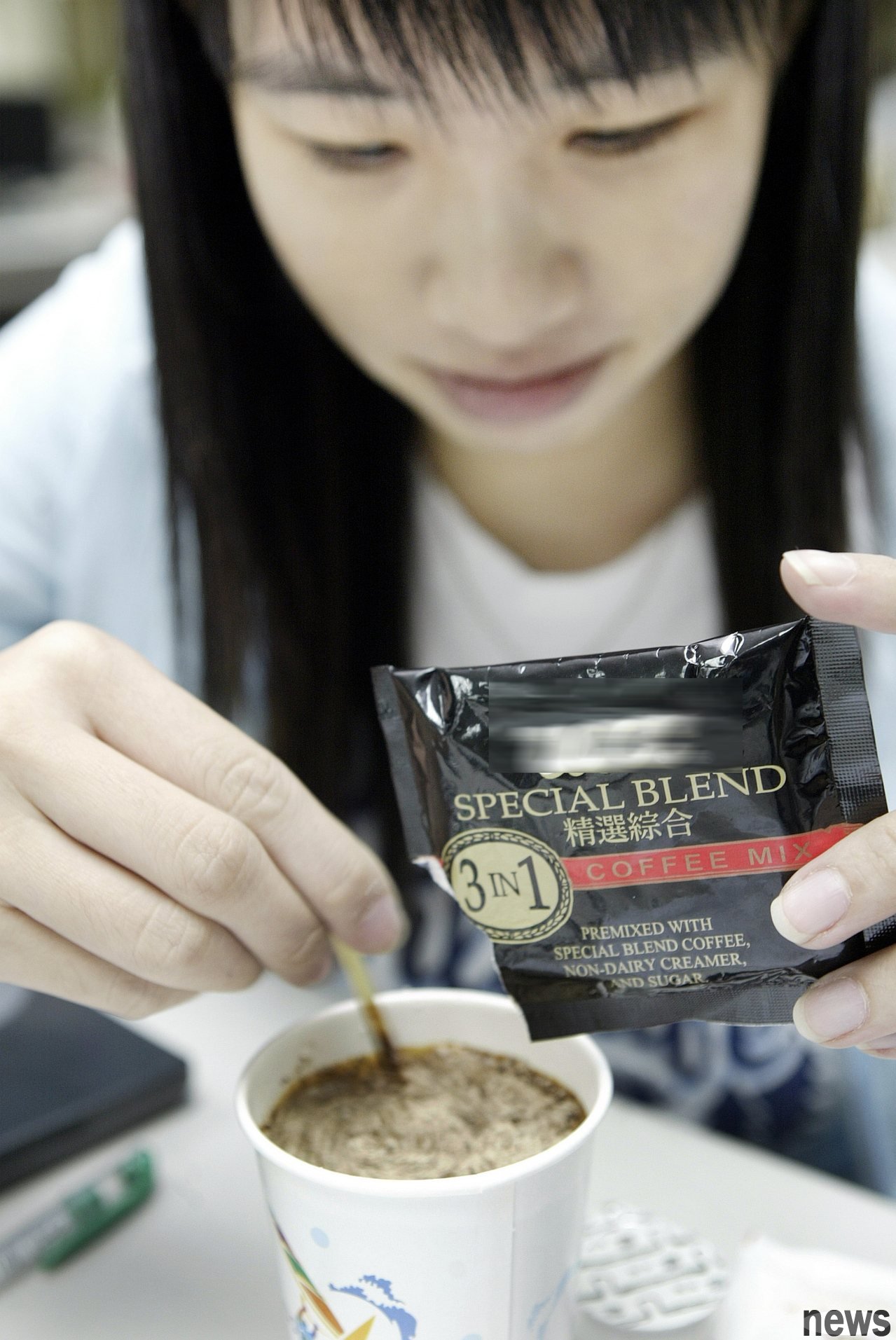
What kind of coffee do you usually drink? A large international study pointed out that long-term consumption of relatively cheap "instant coffee" by some ethnic groups may be related to an increased risk of dry macular degeneration. Dr. Liu Boren, an expert in nutritional and functional medicine, reminded that macular degeneration is an important cause of vision deterioration among seniors, and suggested that the public be more vigilant in choosing the type of coffee and daily health care.
There may be a relationship between instant coffee and macular degenerationDr. Liu Boren shared on Facebook that he recently came into contact with a patient who felt that his vision was blurred and had difficulty reading, and he was diagnosed with macular degeneration. He said that a large-scale genetic data analysis study published in the journal "Food Science & Nutrition" in 2025 analyzed more than 500,000 people in the United Kingdom and Finland. The results showed that those who are accustomed to drinking instant coffee have an approximately seven-fold increase in the risk of dry macular degeneration.
The research team speculates that the high-temperature processing associated with the instant coffee production process may produce substances such as "acrylamide" and "glycation end products (AGEs)". These components can easily cause increased oxidative stress and chronic inflammation in the retina, and long-term accumulation may lead to cell degeneration. It is worth noting that the research results only point to instant coffee, and freshly brewed coffee such as hand-brewed, Italian and siphon coffee does not show the same risk.

Compared with instant coffee, freshly brewed coffee is extracted from fresh coffee beans and does not need to undergo processing procedures such as high-temperature drying. Therefore, it can retain more natural antioxidants, such as chlorogenic acid, and reduce harmful by-products.
Liu Boren pointed out that moderate intake of high-quality coffee still has a positive impact on health, including reducing the risk of type 2 diabetes, fatty liver, Parkinson's disease and Alzheimer's disease, and helping to improve concentration and intestinal motility. He suggested that people with drinking habits can gradually switch to hand-brewed or freshly ground coffee, which can not only retain the benefits of coffee, but also reduce possible eye burden.

Macular degeneration mostly occurs in people over 50 years old. People who smoke, are exposed to ultraviolet rays for a long time, have a family history, or lack antioxidant nutrients in their diet for a long time are at higher risk.
Liu Boren recommends the following daily protection:
‧Ingest more dark green vegetables rich in lutein and zeaxanthin, such as spinach, kale, and sweet potato leaves
‧Eat fish rich in Omega-3 fatty acids every week, such as salmon, mackerel, and saury
‧ Moderately supplement zinc, vitamin C and vitamin E
‧ Wear anti-UV sunglasses when going out
‧ Avoid smoking and receive regular eye examinations
‧ If you have symptoms such as blurred vision center, difficulty reading, or distorted vision, it is recommended to seek medical evaluation as soon as possible.
Dr. Liu Boren added that there is no need to quit drinking coffee, but choosing a drinking method that is "less processed and closer to the original taste" is a choice that is kinder to the eyes and body. He called on the public to effectively delay eye aging and maintain healthy vision by adjusting their daily diet and lifestyle habits.